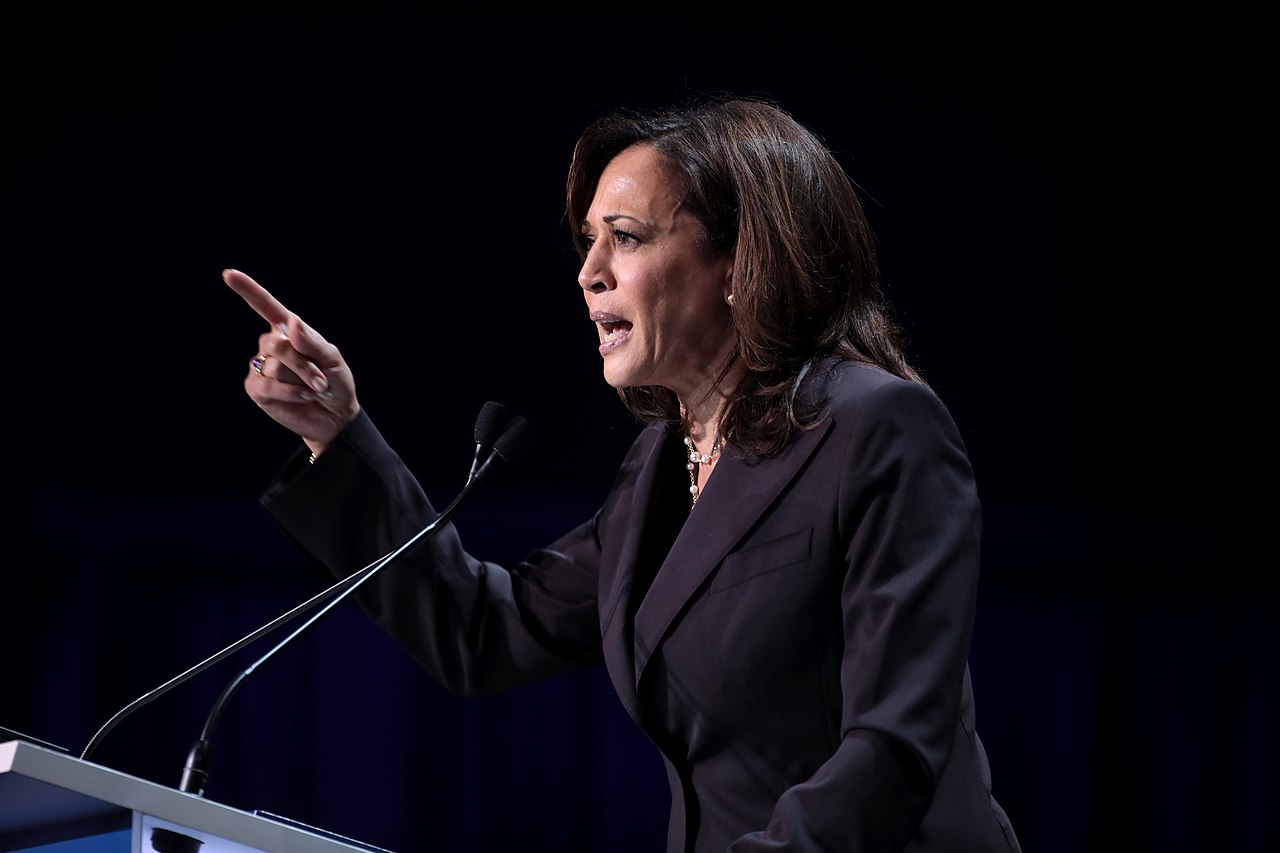In the latest political firestorm, Kamala Harris’s past comments have resurfaced, drawing significant criticism from families of school shooting victims. Back in 2019, while serving as a senator from California, Harris advocated for removing police officers from school campuses as part of a broader initiative to “demilitarize” schools. She argued that the presence of police disproportionately affected Black and Brown students, leading to inequities in school discipline. Her stance was part of a larger dialogue during her 2020 presidential campaign about reforming the criminal justice system.
The backlash to these comments has been intense, particularly from families who have lost loved ones in school shootings. Many argue that having police on campus could serve as a deterrent to potential threats and provide immediate protection during emergencies. JT Lewis, whose brother was tragically killed in the Sandy Hook Elementary School shooting, expressed outrage, stating, “Students need more protection, not less.” Other grieving parents, such as Ryan Petty and Andrew Pollack, who lost their daughters in the 2018 Stoneman Douglas High School shooting, echoed these sentiments. They believe that reducing police presence makes schools more vulnerable and unsafe.
Harris’s comments have ignited a broader debate about the role of police in schools. Supporters of school resource officers argue they are essential for maintaining safety and order. However, critics suggest that their presence can lead to over-policing and criminalization of minor disciplinary issues. This issue is further complicated by the national conversation on police reform, especially in the wake of George Floyd’s death and the subsequent protests urging a reevaluation of law enforcement’s role in communities.
Politically, this controversy could pose challenges for Harris, who is now the Democratic presidential nominee following President Biden’s exit from the race. As she navigates the campaign trail, she faces the task of addressing these criticisms while balancing her past positions with current public sentiment. The resurfacing of her 2019 comments could sway public opinion, especially among voters prioritizing school safety.
The debate over police presence in schools remains a contentious issue, reflecting broader societal divides on security and equity in education. As incidents of school violence continue to rise, finding a consensus on the best approach to protect students while ensuring a fair and supportive environment is crucial. For Harris and other policymakers, these discussions will likely influence future educational policies and impact the broader dialogue on safety and justice in American schools.


Leave a Comment